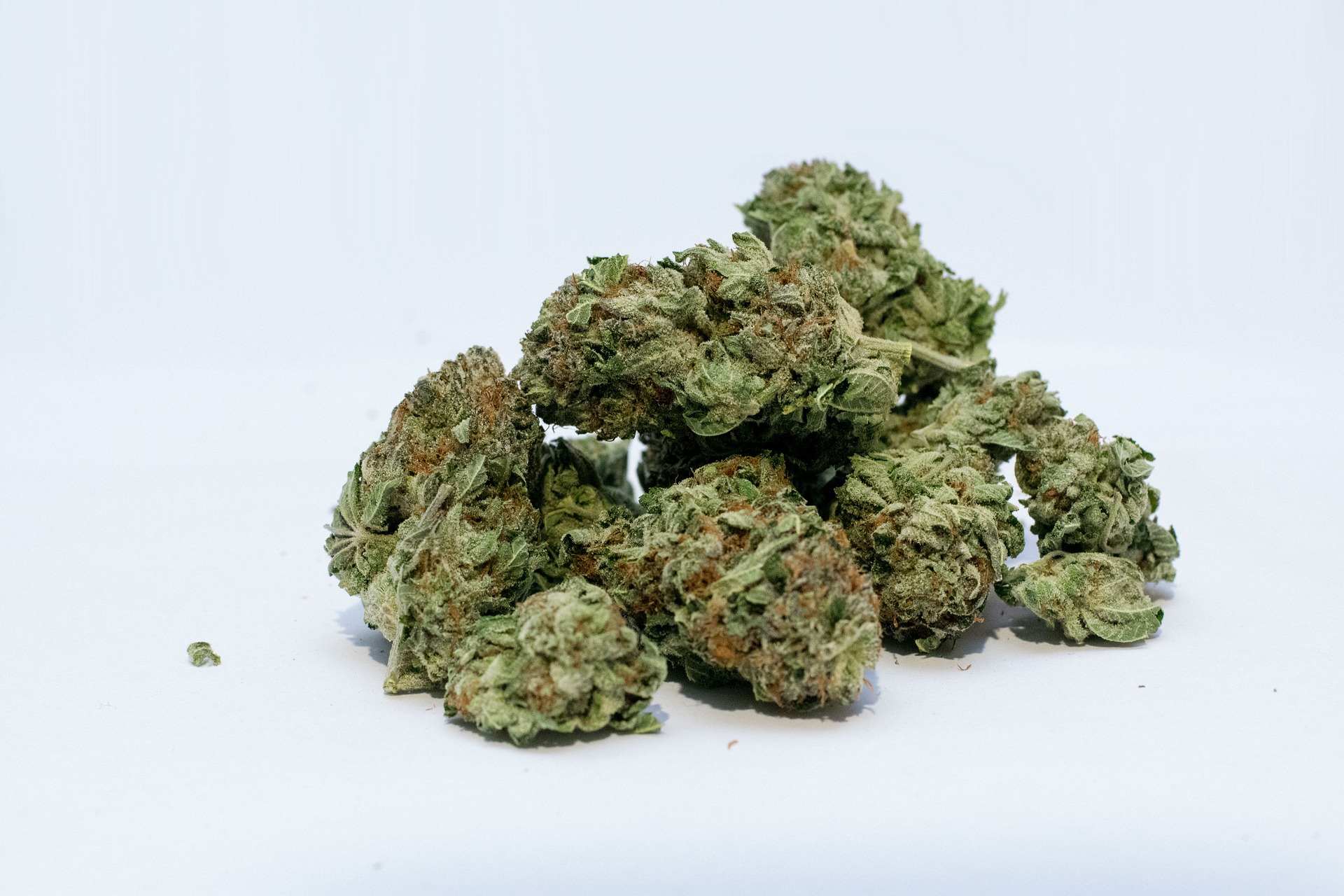Two significant events occurred during February, where MPP President and CEO Toi Hutchinson felt the need to comment. The first was when the SAFE Banking Act passed the U.S. House of Representatives as part of the America COMPETES Act. On top of that, Russian figure skater Kamila Valieva was allowed to compete at the Beijing Olympics, despite testing positive late last year for a banned substance.
 Cannabis Banking Legislation
Cannabis Banking Legislation
The SAFE Banking Act, otherwise known as H.R. 1595, is legislation regarding the disposition of funds gained through the cannabis industry in the United States. The bill was first introduced on March 7, 2019, and has since passed through the House of Representatives on April 19, 2021. In response to this news, Hutchinson released the following statement:
“I am pleased that the U.S. House of Representatives saw fit to include and pass the provisions of the SAFE Banking Act in the America COMPETES Act. Today’s vote was a positive step in the right direction. A lack of access to banking is a constant obstacle for state-legal cannabis businesses across the country and hinders social equity efforts. The reality is that states will continue to move forward with legalizing cannabis. We at the Marijuana Policy Project are delighted that Congress is beginning to recognize that they can no longer ignore this issue.”
International Olympic Committee’s Ruling 
Earlier this month, the Court of Arbitration for Sport (CAS) ruled that Russian figure skater Kamila Valieva could continue to compete at the Beijing Olympics. This comes as a big surprise considering she tested positive late last year for a banned substance. In response to this news, Hutchinson released the following statement:
“Less than a year ago, sprinter Sha’Carri Richardson was banned from the Olympic 100-meter race following a positive cannabis test. Meanwhile, it was announced that Russian figure skater Kamila Valieva could compete after failing a doping test. The stark contrast between how these two cases were handled is deafening. As Ricardson correctly pointed out, THC is not a performance-enhancing drug, yet in this instance, the punishment for a positive cannabis test received a harsher punishment.”
This unfortunate situation clarifies that the stigma surrounding cannabis use remains deeply entrenched to this day, leading to far-reaching consequences. It also serves as a reminder that cannabis prohibition policies are descendants of prejudice. And to this day, they result in social injustices due to disproportionate impacts on people of color.
“The decision to exclude Richardson from participating in the Olympics was already deeply disappointing. Personal use of cannabis should never stop an athlete from representing the United States of America and pursuing their dreams.”


 Cannabis Banking Legislation
Cannabis Banking Legislation


